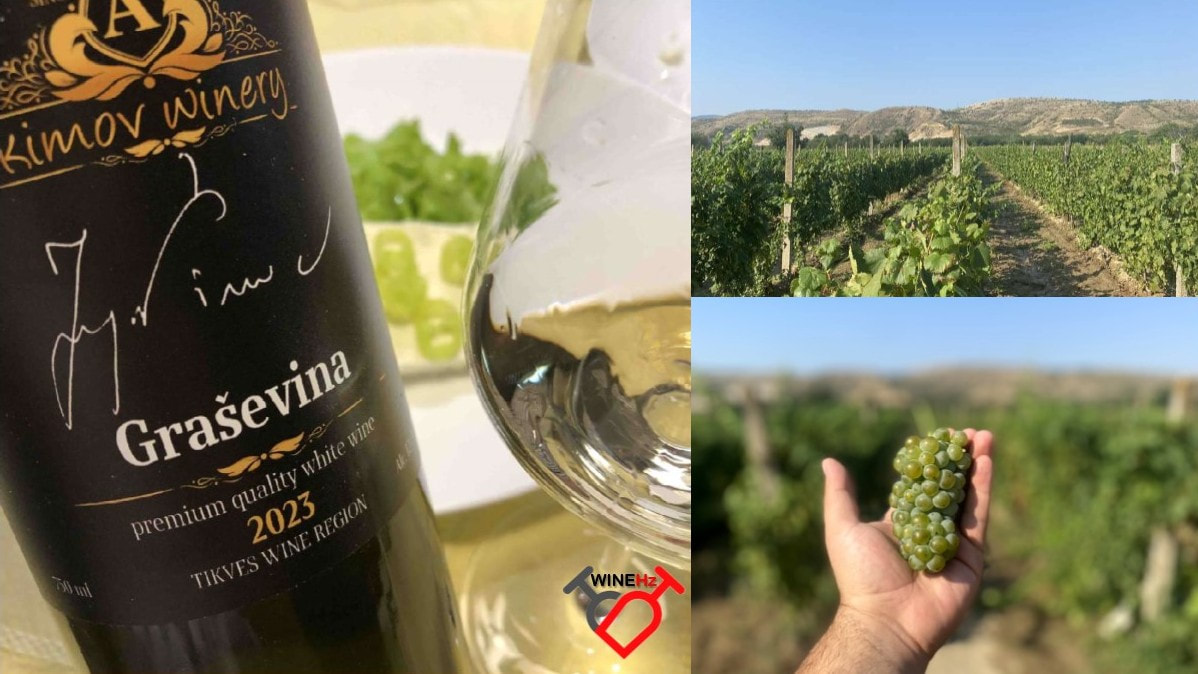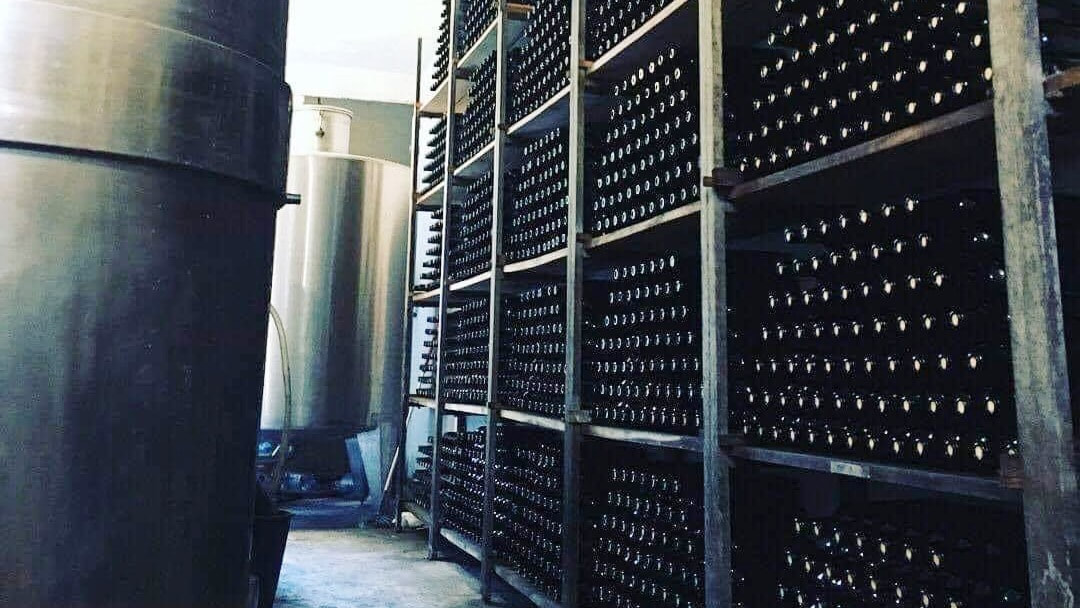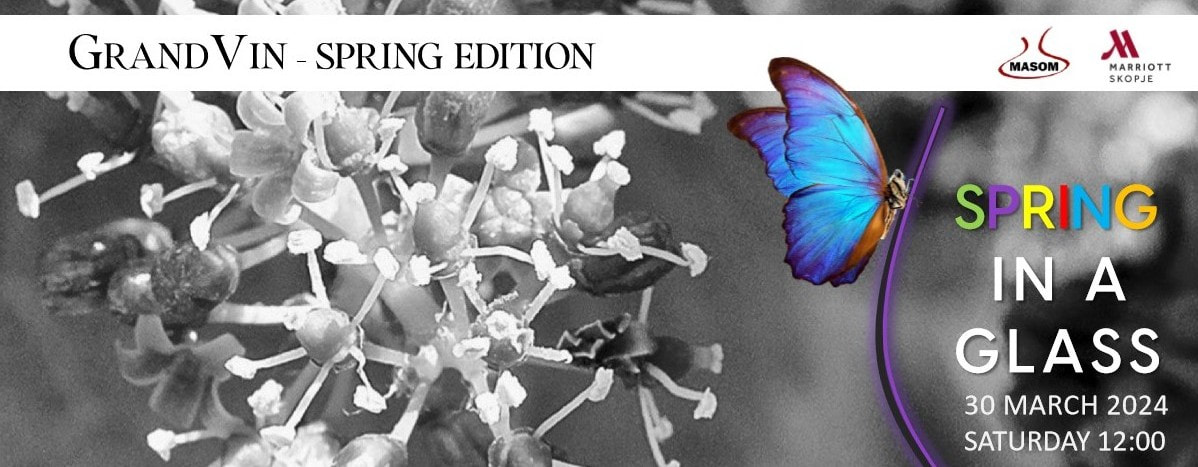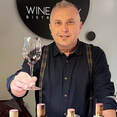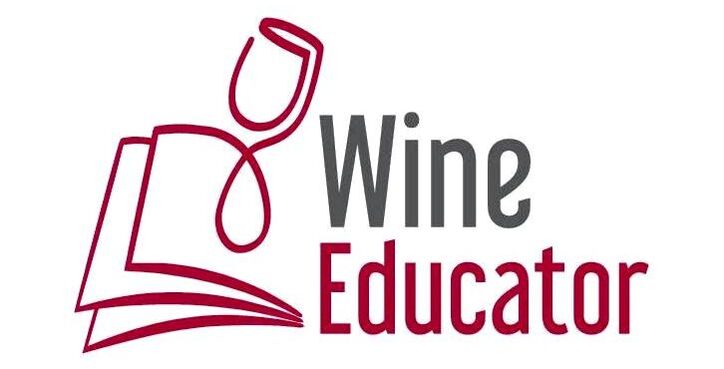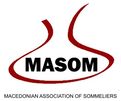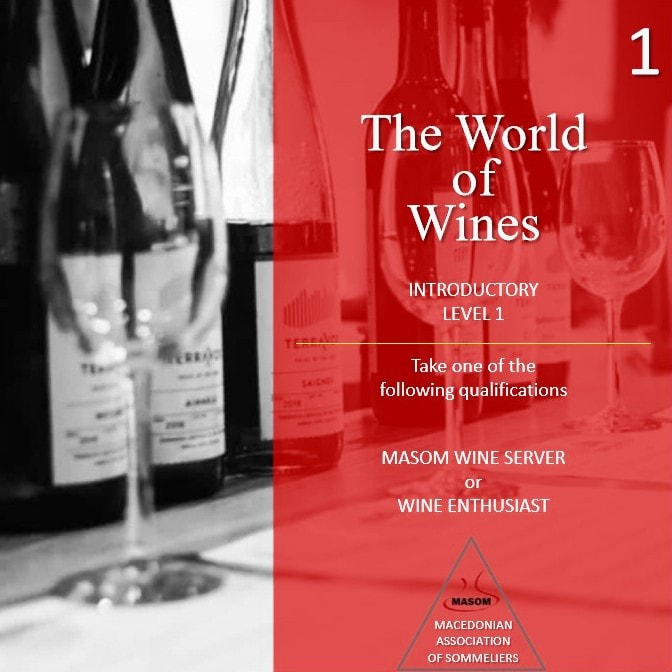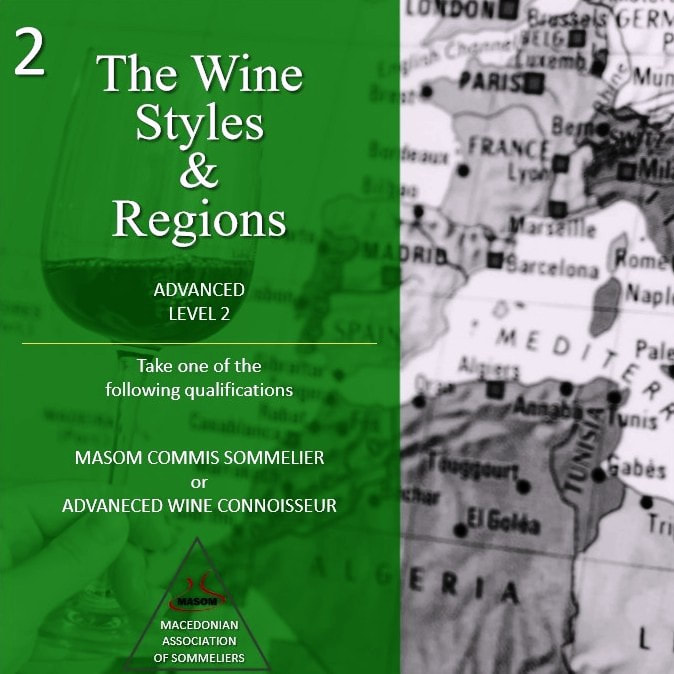|
Can Graševina wines from North Macedonia be of the same quality as those from the central Europe? The vast majority would probably answer no, perhaps I would also be in that group, relying on the fact that this variety has settled comfortably in the vineyards of central Europe along the banks of the beautiful blue Danube. As well as the fact that the variety likes to enjoy the pleasant autumn sun, having enough time to develop phenolic ripening, resulting in increasing intensity and well-delineate aromas. However, we should not ignore the power of terroir diversity, as well as the fact that the variety likes a dry environment, wide diurnal range, and with yield control and proper selection of soil, it can retain freshness, its rather important trump card. Sixteen hundred bottles of Grasevina 2023 from the winery Kimov, located at Tikves Wine District, part of Vardar River Valley, proved exactly that. A wine that offers a pronounced varietal aromatic profile of lemon, green apple followed by pineapple note and touch of ginger, wrapped in minerality expressed through inhaling notes of wet stone. Dry wine with refreshing mid+ acidity, low alcohol, mid body, lemony and just ripe stone fruits flavours, well balanced, with pleasant, fruity long finish and pale bitterness of young almonds. Very good expression of variety, climate, and quality. With the suggestion of winemaker Alksandar Kimov, to taste the wine at different temperatures, the best result turned out to be at 10-12 C. In a conversation with winemaker Aleksandar, what does his Graševina owe to such success? In addition to love, passion, and the passed down experience of his father, also a winemaker, there is some other important processes which he will explain to you, if you visit him.
0 Comments
|

